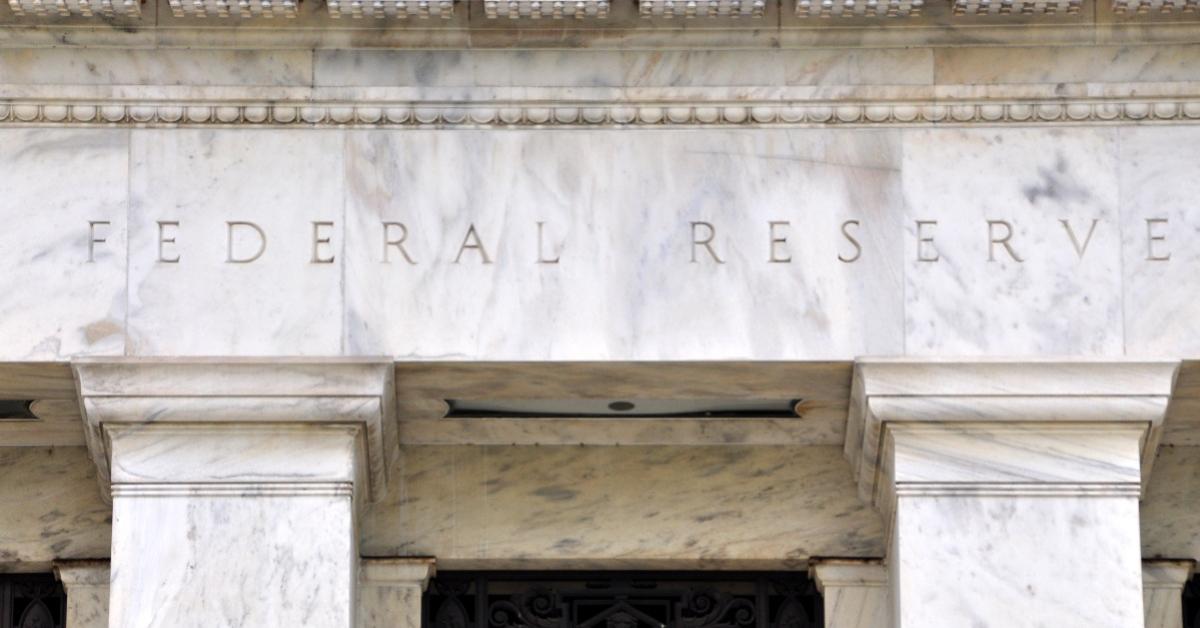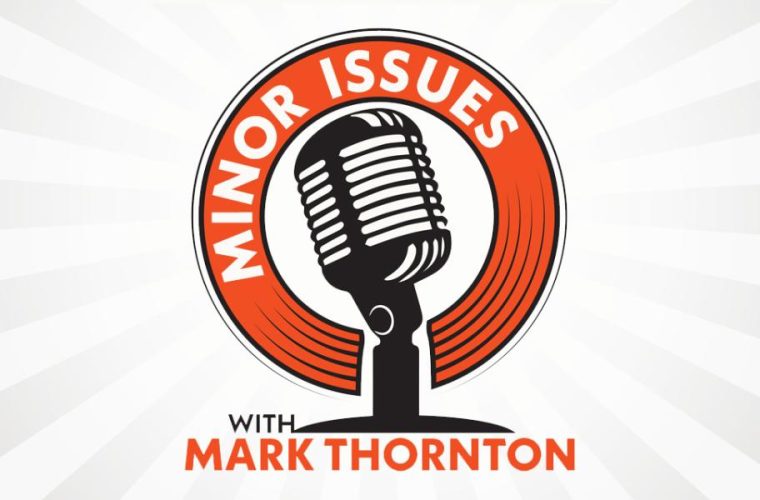
The Five Stages of Bank Failure Grief
The talking heads on financial TV ask everyday where we are in the banking crisis. Is it over yet? After scooping up First Republic, JP Morgan’s Jamie Dimon said, “This part of the crisis is over.” After he said that, however, the shares of regional banks such as PacWest, Zions, and Western Alliance were cut in half. The market doesn’t believe Mr. Dimon.
Elisabeth Kübler-Ross described five stages of grief: denial, anger, bargaining, depression, and acceptance. On Twitter, describing the typical timeline for a banking crisis, Real Vision’s Raoul Pal posted:
It’s one bad apple,
Well maybe it’s just a few
“Banks remain strong”
It’s the evil short sellers (we are considering a ban)
Ok, now we are banning shorts
Oh, seems that didn’t work
Cut rates
That didn’t work
Panic
Change . . .
Kübler-Ross’s denial stage would include Pal’s “one bad apple,” “just a few,” and “Banks remain strong.” The anger stage would be “evil short sellers,” “banning shorts,” and it “seems that didn’t work.” The bargaining stage would be “Cut rates” and “That didn’t work.” Depression would be “Panic,” with “Change” being the acceptance stage.
We clearly appear to be only in the anger stage. Kimberly Adams writes for Marketplace:
The American Bankers Association is laying some of the blame for that at the feet of short sellers trying to scare people into thinking banks are about to go under so that the stock price falls and they can profit. On Thursday, the ABA sent a letter to the Securities and Exchange Commission asking the agency to look into the issue. . . .
“We’ve been in constant communication with our members, and they’ve shared with us their concerns, including engagement that they’ve seen on social media,” said Naomi Camper, chief policy officer at the ABA. “And many believe that their shares have been manipulated by short sellers. They’re seeing trading in their shares that defy the underlying fundamentals, and they’re worried about it.”
During the Q and A at Berkshire Hathaway’s annual meeting televised by CNBC, Warren Buffett mentioned a bank stock short-selling ban. Reuters reports that Wachtell, Lipton, Rosen & Katz, a law firm that has represented large companies, said in a letter to clients that “the Securities and Exchange Commission (SEC) should regulate what it defined as ‘coordinated short attacks’ by imposing a 15-trading day prohibition on short sales of financial institutions.”
Taking the other side of the argument is longtime bank analyst Dick Bove. Bloomberg reports: “‘The funds and others who are shorting bank stocks are doing the American public a meaningful service,’ analyst Bove said in a note. ‘They are winnowing the banking industry and forcing these companies to stabilize their financial statements.’”
Bove is right. The average depositor can’t make heads or tails of their bank’s financial statements. At least short sellers give John and Jane Q. Public a heads-up about their banks. Bank regulators are like the fire department, the hook and ladder doesn’t arrive until a house is fully inflamed.
If it plays out the way Mr. Pal believes, a couple more banks will fail, the Securities and Exchange Commission will impose a short-selling ban, and then a few more banks will fail. Then, it will be time for a Federal Reserve rate cut.
Reuters reports that the Fed futures market is factoring in a more than 70 percent chance of a rate cut at the Fed’s September meeting.
This summer may be an interesting one.



